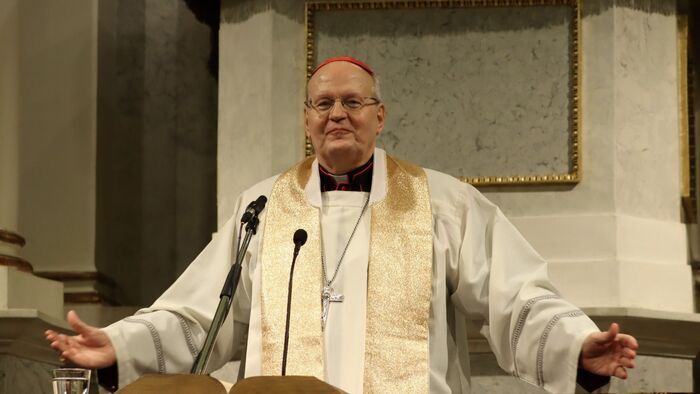„The majority of French people think that there too many migrants in the country as it is,” said Nicolas Monti, co-founder of Paris-based Observatoire de l'immigration et de la démographie at the conference. The process started in the 60s, but immigrants back then arrived in the country for work, and they planned to stay only temporarily. This changed with the family reunion program of the 70s, and now the country is facing higher numbers than ever before.
Some 40 percent of the record number of asylum applications are green-lighted by the authorities, but 90 percent of those rejected still stay in France,
said Mr Monti, highlighting the alarming data.
What are the effects of runaway migration?
The first effect is budgetary: migration-related expenses take up some 1.4-1.5 per cent of France’s GDP, but such data tend to underestimate the actual figures, Monti said about the worrying situation.
The second effect is related to the distribution of social housing. Some half of the immigrants live in such homes, which decreases the chances of the poorer members of the original population of the country to find accommodation. Thirdly, the influx of unskilled cheap labor pulls down the wages of unskilled local workers, and can even have an effect on the pay of intellectuals.
The fourth factor can be seen on the news: increased immigration may entail an increase in crime. Last but not least, immigration has an effect on national identity, the French expert said, concluding his argument.
Many times, the most problematic task is not the integration of first or second-generation immigrants, said Ralp Schoellhammer, associate professor of political science at the Webster University in Vienna. He added that
the strong German identity, which previously made integration easier, has disappeared by now. The prevalent feeling now is constant guilt, and who would want to identify with that, he put the rhetorical question.
But who are the migrants?
Mr Schoellhammer raised a rarely discussed issue with terminology: who do we consider a migrant? He cited as an example that the largest foreign group in Austria is that of Germans, yet no one considers them migrants. The expert said the key is the similarities or differences between the cultures.























Szóljon hozzá!
Jelenleg csak a hozzászólások egy kis részét látja. Hozzászóláshoz és a további kommentek megtekintéséhez lépjen be, vagy regisztráljon!